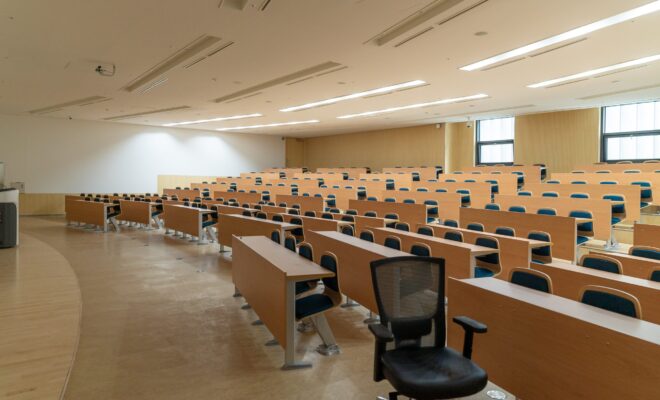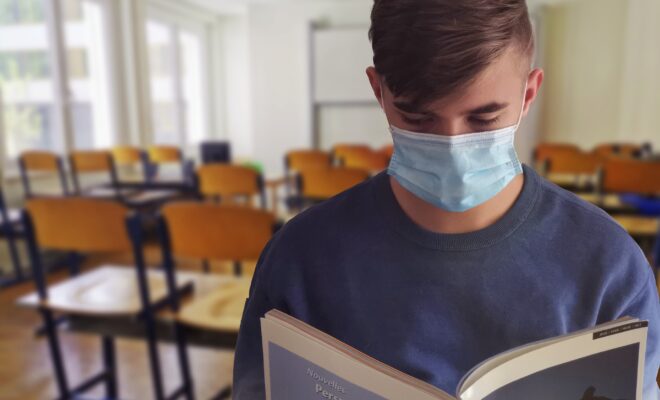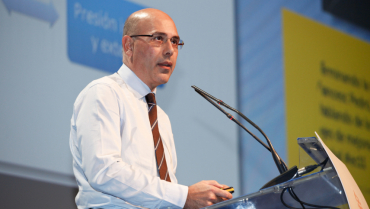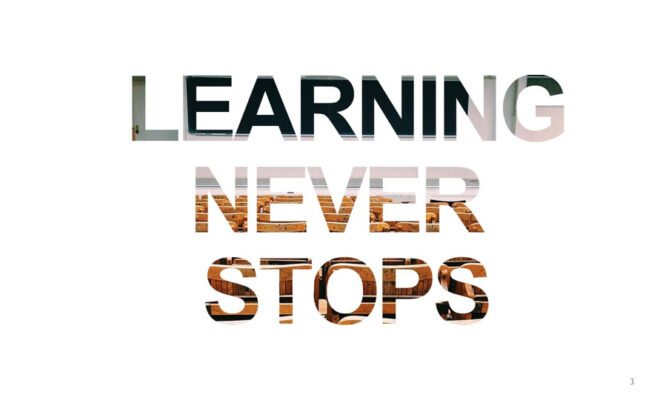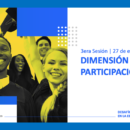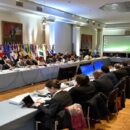IESALC in Parlatino: Investment in Higher Education must be prioritized for social and economic recovery
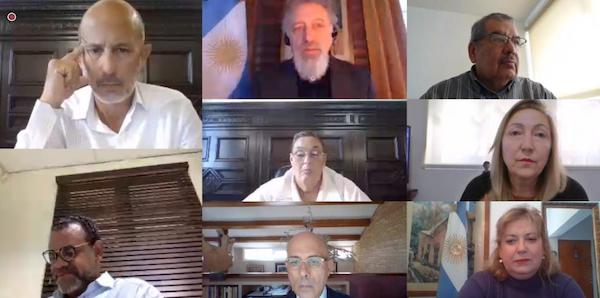
On Thursday, July 16, 2020 UNESCO IESALC opened the Virtual Meeting of the Commission on Education, Culture, Science, Technology and Communication of the Latin American Parliament (Parlatino) with an analysis of the digital rift in education during and after the health crisis generated by COVID-19, presented by the director of the Institute, Francesc Pedró. During the meeting, the parliamentarians approved the integration of a working group with UNESCO to develop a draft model law for inclusive education in order to reduce the existing gap in the sector, due to the lack of access to the Internet and technological means for the teaching-learning process in some countries, as announced by La Estrella de Panamá.
The presentation of the analysis of the digital gap in education during and after the health crisis was preceded by the words of Representative Miguel Enrique Charbonet Martell, vice president of the commission: “The pandemic has highlighted the major problems that we have been dragging on, so it is both a crisis and an opportunity to find solutions to the crisis. The Representative recalled that, at the beginning of 2020 when the pandemic was declared, the region was already marked by exclusion, discrimination, and unequal access, situations that have increased with the pandemic, particularly with regard to Afro-descendants, indigenous people, and people with sexual diversity. He noted that in the Latin American environment, which is diverse and multicultural, policies are required for the fulfillment of the SDG 4 and that as parliamentarians they are in the need to develop a model law in terms of education that is inclusive and embraces diversity. “It is a pending issue for parliamentarians”.
In his intervention, the Director of IESALC presented the parliamentarians with the effects of the pandemic in the short and medium term: First, this pandemic has an effect on demand, which brings about a very significant drop in demand. “The social and economic impact will keep many students out of the higher education system. The socio-economic effect will disadvantage girls and women because they will return home to take care of the household and work to support the family”. In this context, he called on parliamentarians to put solutions in place by the end of the meeting.
Secondly, he spoke about the crisis of enrollment, which has led universities in Colombia and Peru to offer fee discounts of 10 and even 50 per cent, and some even offered 0 per cent of fees to guarantee students in their classrooms, before facing total closure. He also mentioned the dismissals of faculty members due to the impact of dropouts. In the United Kingdom, the loss of teaching positions reaches 30,000, in Australia 12,000. It is necessary to implement financing mechanisms.
Thirdly, he spoke about the creation of remote emergency education with the minimum tools, which is a hybrid methodology that will become a reality in the future. On the other hand, he spoke of systems where there is no self-regulation of learning for the autonomy of students. “Despite the fact that hybridization is a good solution, at IESALC we continue to affirm that the central experience of being in the university is the vehicle through which young people acquire a cultural, social and political formation, and this leads to the possibility of having an impact on the country, in its region, on a global scale. The very experiment of the exclusive use of technology allows us to advance in that line”.
He ended his speech by asking the parliamentarians, after the major effort has been directed towards the recovery of health and economy, to make the greatest effort on their part to do what they can to place investment in higher education as capital in the social and economic recovery, because it is right in the university where the solutions to the current crisis are being built, with the development of medicines, medical technology, and innovations for economic recovery. “Higher education is the last step in a country’s commitment to educational equity. Of access, accompaniment and success. Help your institutions and countries, help articulate this discourse to leverage higher education in the recovery of our health, economy and social cohesion”.
Photo courtesy of La Estrella de Panamá.
RELATED ITEMS


